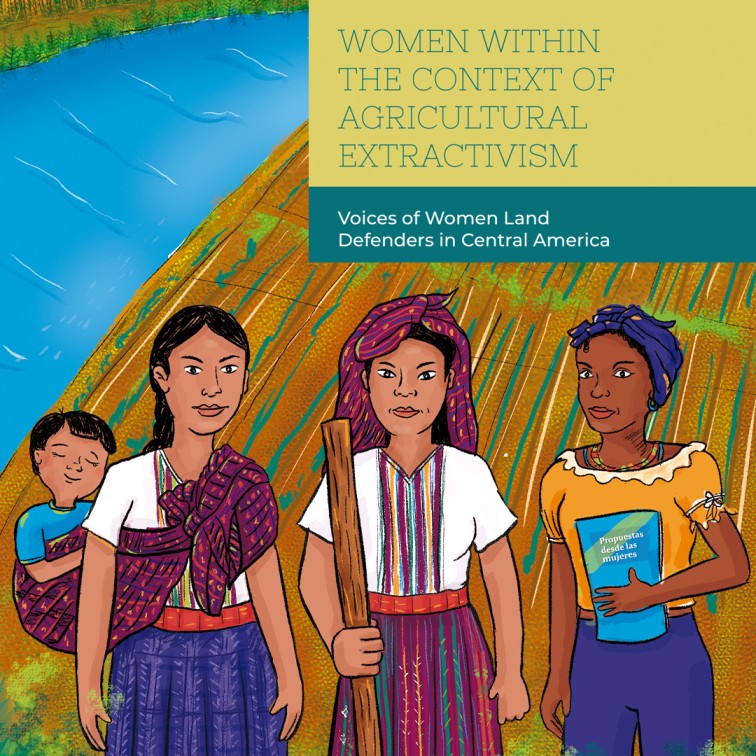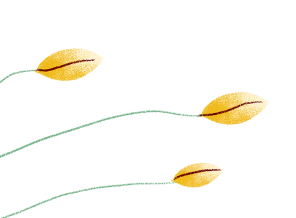)
Women within the Context of Agricultural Extractivism: Voices of Women Land Defenders in Central America
How does agricultural extractivism affect ecosystems, communities, and women specifically? What are women defenders and their communities doing to guarantee that life is sustainable and stop the destruction of their territories?
These are some of the guiding questions behind the collaborative report “Women within Contexts of Agricultural Extractivism: Voices of Women Land Defenders in Central America,” which is based on the experiences and perspectives of women who face these contexts firsthand. The report was commissioned by Fondo Tierra Viva, the Central American Women’s Fund (FCAM), Urgent Action Fund for Latin America and the Caribbean (UAF-LAC), and Both ENDS within the framework of the Global Alliance for Green and Gender Action (GAGGA) and.
The report, which is qualitative in nature and has a collective construction approach, focuses on oil palm, sugar cane, cantaloupe, watermelon, and banana plantations in Honduras and Guatemala.
It provides a brief description of monocultures in Central America and delves into the agricultural practice’s gendered impacts and the struggles of women and their communities to care for life and the territories.
There is also an Executive Summary that includes recommendations to States, donors, companies, international financial institutions, and multilateral financing organizations to ensure that human rights in these contexts are guaranteed.





